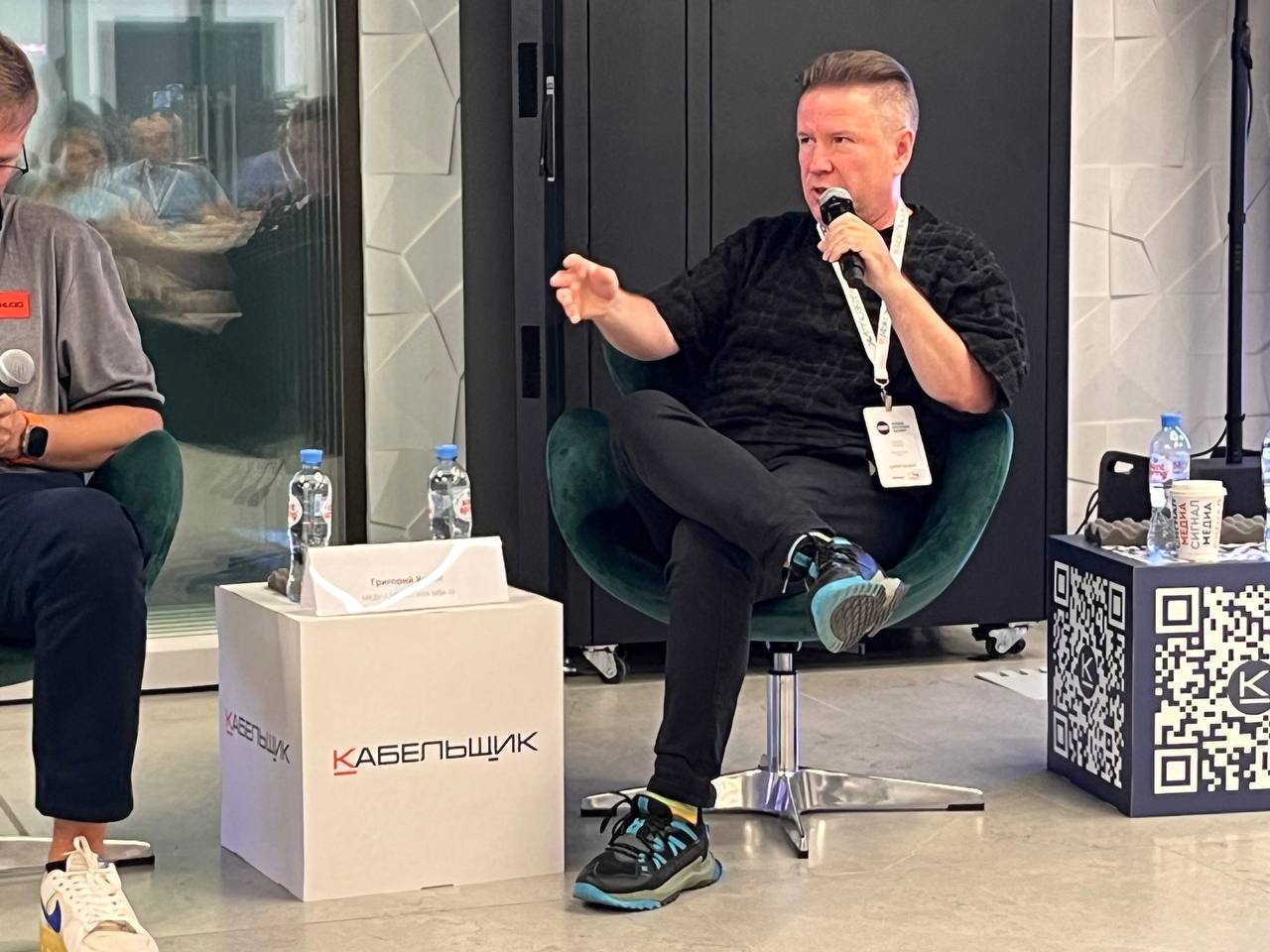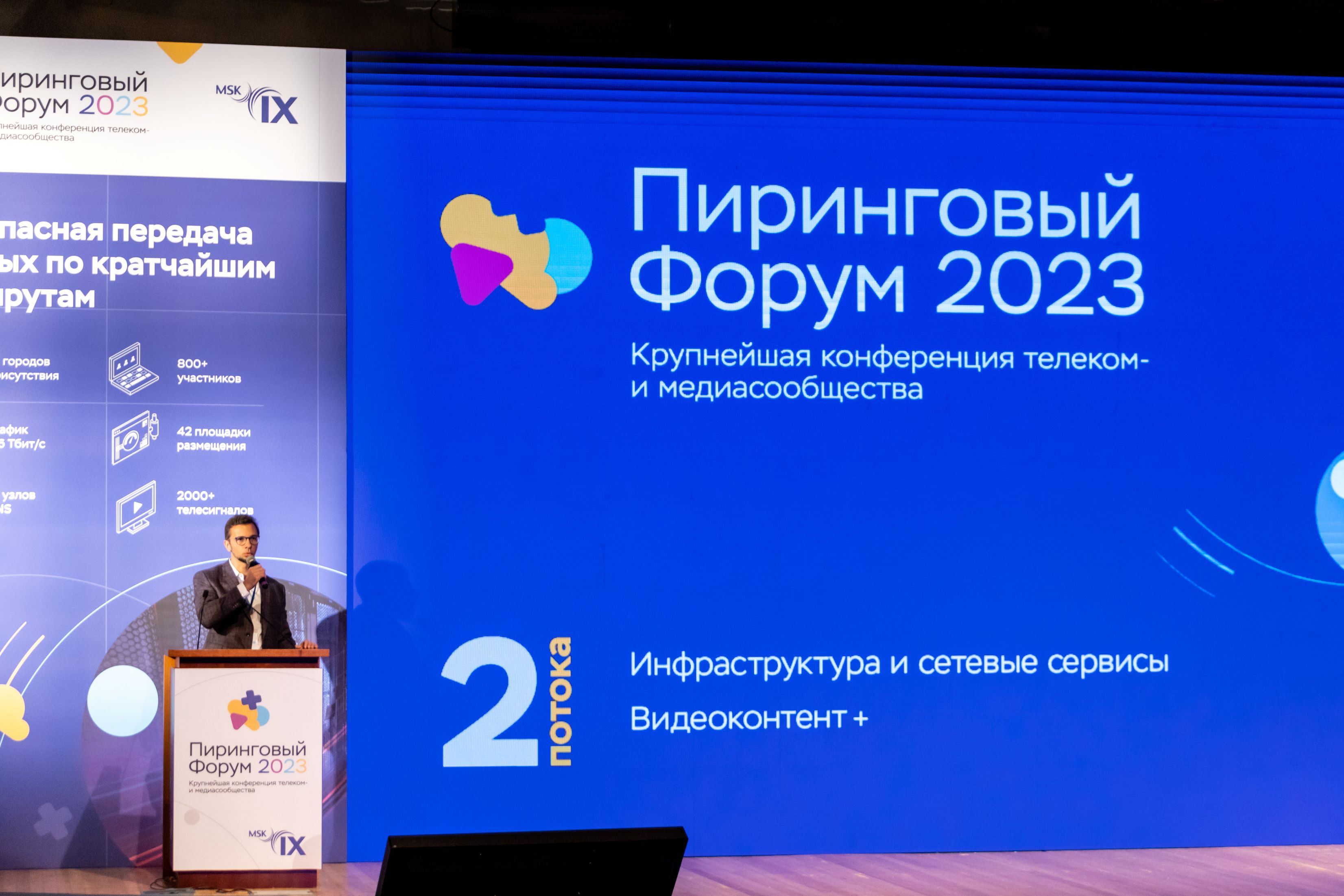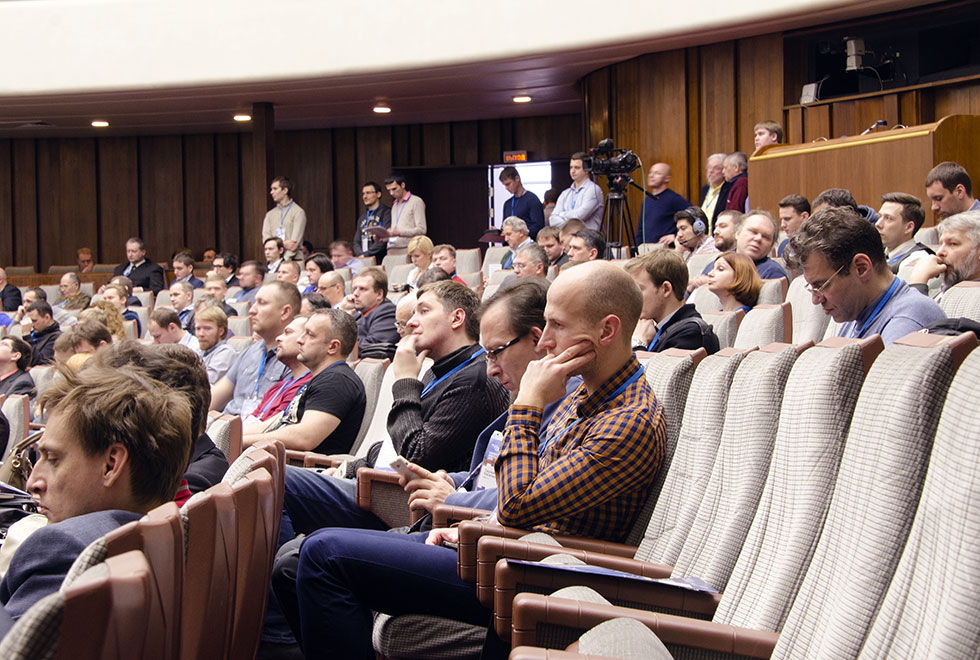AI in Media: Challenges and Opportunities

On August 27, Moscow hosted Pay TV Forum, sponsored by Kabelshchik (Cableman) media outlet as part of the Moscow Industrial Media Forum (MIMF 2024). The event brought together top media experts and professionals to discuss current trends, technology and opportunities for Russia’s TV and media industry.
The event that drew particular attention was a roundtable, “AI: Not by Generation Alone. Using AI to Ensure Platforms and TV Channels Abide by the Legislation of Russia and Other Countries,” which focused on practical application of AI in media. Grigory Kuzin spoke about AI opportunities and limitations citing an example of MSK-IX’s new platform Mediabaza (Mediabase), which is underpinned by AI.
He explored various roles that AI plays on Mediabaza, including SMM, moderation, editing, translation, and assistance. AI significantly simplifies and optimizes various processes related to creating, moderating and translating the content.
The AI SMM helps create content cards, select covers and write text descriptions.
“Despite its advanced level, even a cutting-edge AI model often fails to make proper aesthetic and cultural choices; it should be used under human guidance. AI can help select the most catchy and riveting materials, but humans must be responsible for the final stage quality control to avoid mistakes,” Grigory Kuzin said.
The AI Moderator checks whether the uploaded content is legal. This feature uses a negative prompt set up by human engineers based on the media regulator’s requirements in order to automate and improve the review of uploads.
The AI Editor is a recommendation service that helps users find the content they seek on the Mediabaza.
The AI Translator is used alongside human translators and voiceover artists, while users can choose between human and AI-generated dubbing. At this stage of the technological revolution, AI translators are better suited for live news feeds or other content that does not require much emotion. With more dramatic films and shows, AI can assist by providing a draft translation to be edited and proofread by a human editor.
The AI Support is a neural network-based chatbot taught to respond to user queries.
“Even though these systems can significantly increase query processing and data accessibility, it is not reasonable to fully trust AI at all times. The results should be double-checked by a human as the neural network can produce erroneous results due to a lack of human empathy and contextual understanding,” Grigory Kuzin emphasised.
The roundtable also raised important issues of AI development and use, such as legal uncertainties and difficulties with data interpretation. In general, experts opined that AI will serve as an irreplaceable assistant in the media industry but must remain under human control and be monitored for best results.






